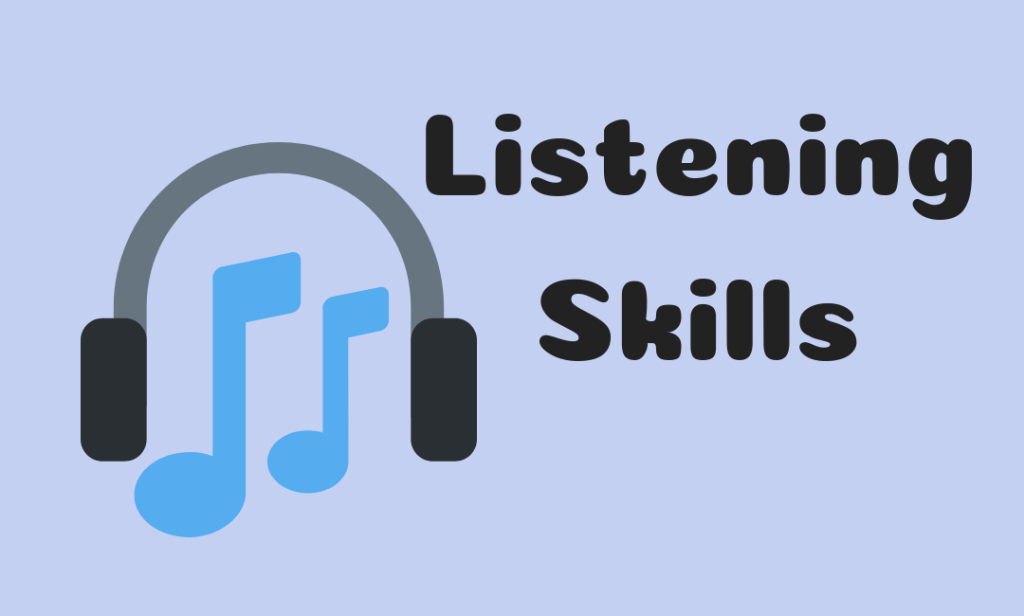In today’s dynamic and interconnected work environment, the ability to collaborate effectively with others is a prised skill. Employers value team players who can contribute to a positive and productive workplace. If you want to stand out in a competitive job market, showcasing your teamwork skills on your resume is crucial. In this blog, we’ll explore the importance of teamwork skills and provide a comprehensive list with examples to help you highlight this essential quality.
Understanding the Significance of Teamwork Skills:
Teamwork skills are not just about being sociable; they are a cornerstone of success in almost every profession. Employers recognise that a cohesive team can achieve more than individuals working in isolation. Strong teamwork skills demonstrate your capacity to communicate, collaborate, and contribute effectively to a shared goal, fostering a positive work environment.
List of Teamwork Skills:
Communication:
- Example: As a project manager, I facilitated weekly team meetings to ensure open communication channels, allowing team members to voice concerns and share progress updates.
Active Listening:
- Example: During group discussions, I consistently practised active listening, ensuring that every team member’s input was acknowledged and considered.
Collaboration:
- Example: Successfully collaborated with cross-functional teams on a product launch, fostering a synergistic approach to problem-solving.
Conflict Resolution:
- Example: Resolved interpersonal conflicts within the team by addressing issues promptly and finding mutually agreeable solutions, maintaining a harmonious work atmosphere.
Adaptability:
- Example: Demonstrated adaptability by seamlessly transitioning between various team roles, showcasing a willingness to take on new challenges.
Leadership:
- Example: Led a team through a challenging project, providing guidance and motivation to ensure team cohesion and project success.
Dependability:
- Example: Consistently met project deadlines, showcasing reliability and contributing to the overall efficiency of the team.
Empathy:
- Example: Displayed empathy by understanding team members’ individual strengths and challenges, creating a supportive and inclusive team culture.
Open-mindedness:
- Example: Welcomed diverse perspectives during brainstorming sessions, fostering an inclusive environment that encouraged creativity and innovation.
Responsibility:
- Example: Took ownership of assigned tasks and encouraged team members to do the same, ensuring accountability and project success.
Time Management:
- Example: Effectively managed project timelines, allocating tasks based on team members’ strengths and ensuring optimal productivity.
Conflict Avoidance:
- Example: Proactively identified potential conflicts within the team and implemented strategies to prevent them, maintaining a harmonious work environment.
Contributing Ideas:
- Example: Actively participated in team discussions, providing valuable insights and suggestions that contributed to the development of successful strategies.
Delegation:
- Example: Delegated tasks based on team members’ expertise, empowering each member to contribute effectively and fostering a sense of shared responsibility.
Team Building:
- Example: Organised team-building activities that strengthened interpersonal relationships and enhanced collaboration, creating a positive team dynamic.
In conclusion, teamwork skills are indispensable in today’s professional landscape. When crafting your resume, it’s crucial to highlight not only your technical abilities but also your capacity to work collaboratively. Use the examples provided to tailor your resume to showcase your teamwork skills, helping you stand out to prospective employers. Remember, mastering teamwork skills is not just about securing a job; it’s about building a foundation for long-term professional success and contributing to a thriving, collaborative workplace culture.



